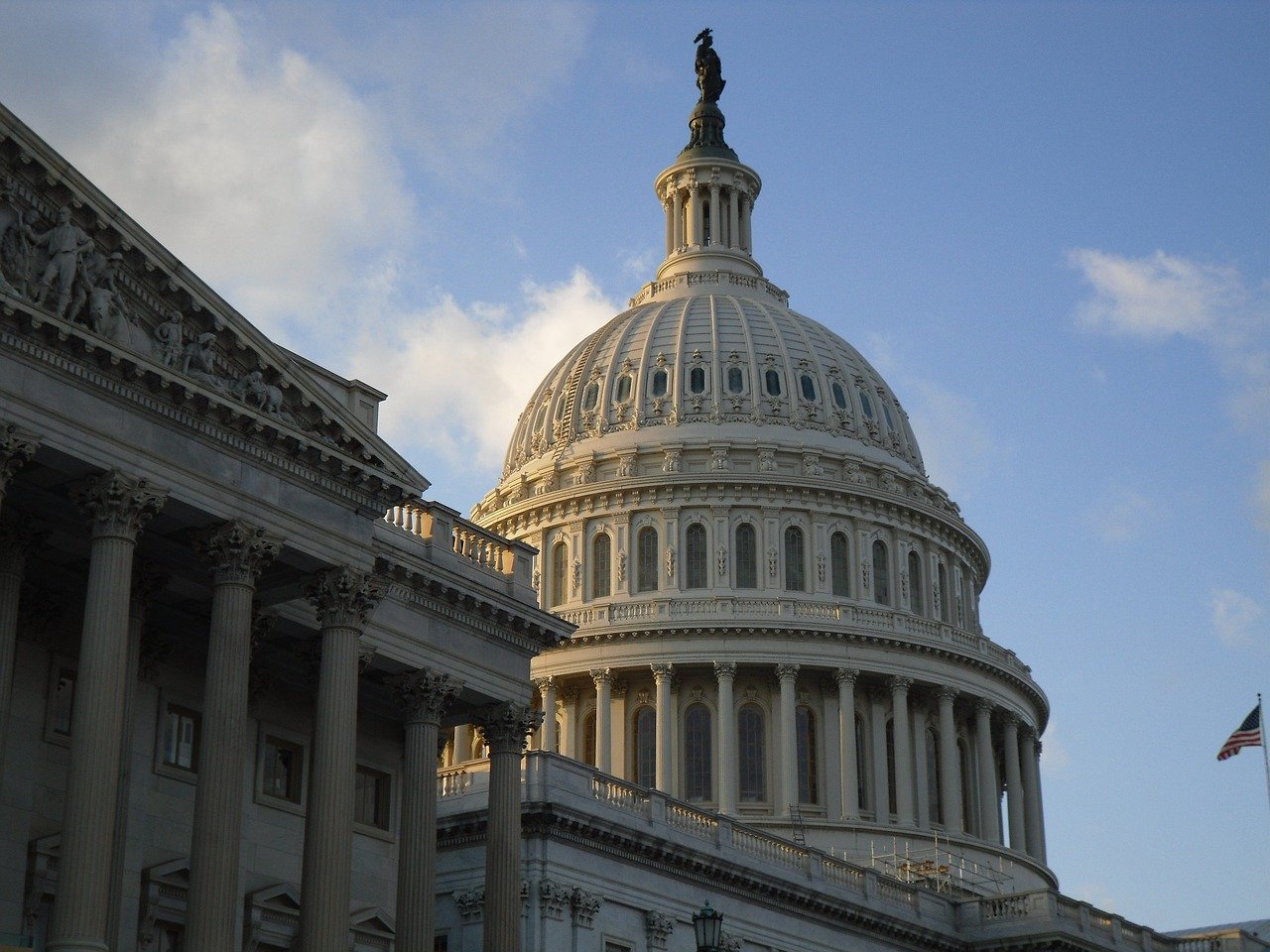
WASHINGTON (GA Recorder) — In a sternly worded letter to other senators, the New York Democrat set a deadline of Jan. 17 for the chamber to consider revising the filibuster rules, which require a 60-vote threshold for legislation to move ahead in the evenly divided Senate.
Jan. 17 is also Martin Luther King Jr. Day.
“We must ask ourselves: if the right to vote is the cornerstone of our democracy, then how can we in good conscience allow for a situation in which the Republican Party can debate and pass voter suppression laws at the State level with only a simple majority vote, but not allow the United States Senate to do the same?” Schumer wrote in the letter.
It’s unlikely that enough Senate Republicans will join Democrats to pass the current versions of voting rights legislation.
Another sticking point for Schumer is that not all Democrats are on board either with reforming or pushing for a carve out of filibuster rules.
Georgia U.S. Sen. Raphael Warnock has been a vocal supporter of changing the filibuster rules for debate on voting protections; U.S. Sen. Jon Ossoff has said he’s open to it, too.
With the midterm elections approaching, congressional Democrats have without success pushed for enactment of broad voter rights protections. Since the 2020 presidential election, Republicans at the state level, including in Georgia, have introduced hundreds of bills that would impose strict voting requirements, in response to former President Donald Trump’s false claims of voter fraud in the presidential election.
Schumer argued that with the first anniversary of the Jan. 6 insurrection at the U.S. Capitol this week, Congress needs to understand that the attack “was a symptom of a broader illness — an effort to delegitimize our election process, and the Senate must advance systemic democracy reforms to repair our republic or else the events of that day will not be an aberration — they will be the new norm.”
“Given the urgency of the situation and imminence of the votes, we as Senate Democrats must urge the public in a variety of different ways to impress upon their Senators the importance of acting and reforming the Senate rules, if that becomes a perquisite for action to save our democracy,” he said.
Senate Republicans have repeatedly blocked debate on a voting rights bill. Only one Republican, Sen. Lisa Murkowski of Alaska, said in November that she would back Senate Democrats in a compromise voting rights measure named after a civil rights icon, the late Rep. John Lewis of Georgia.
In his letter, Schumer did not specify which voting rights bill the Senate aims to pass — Democrats have introduced several.
But Senate Rules Committee Chairwoman Amy Klobuchar of Minnesota has spent the last few months working on a package that has the support of West Virginia’s Sen. Joe Manchin III, a Democrat who has expressed his opposition to changing the Senate’s rules.
The same stance is shared by Arizona Democratic Sen. Kyrsten Sinema, who opposes any type of filibuster reform.
“As she has throughout her time in the U.S. House and Senate, Senator Sinema also continues to support the Senate’s 60-vote threshold, to protect the country from repeated radical reversals in federal policy which would cement uncertainty, deepen divisions, and further erode Americans’ confidence in our government,” her office wrote in a statement, the same one she made in December in response to questions about her position on the filibuster.
The bill backed by Klobuchar, known as the Freedom to Vote Act, has the support of every Senate Democrat, including Sinema.
The legislation would establish Election Day as a national holiday and set minimum standards that each state must have for elections, such as two weeks of early voting and an option for same-day voter registration. Manchin has vowed to get 10 Senate Republicans on board, but so far has not succeeded.
States Newsroom reporter Jacob Fischler contributed to this report.






